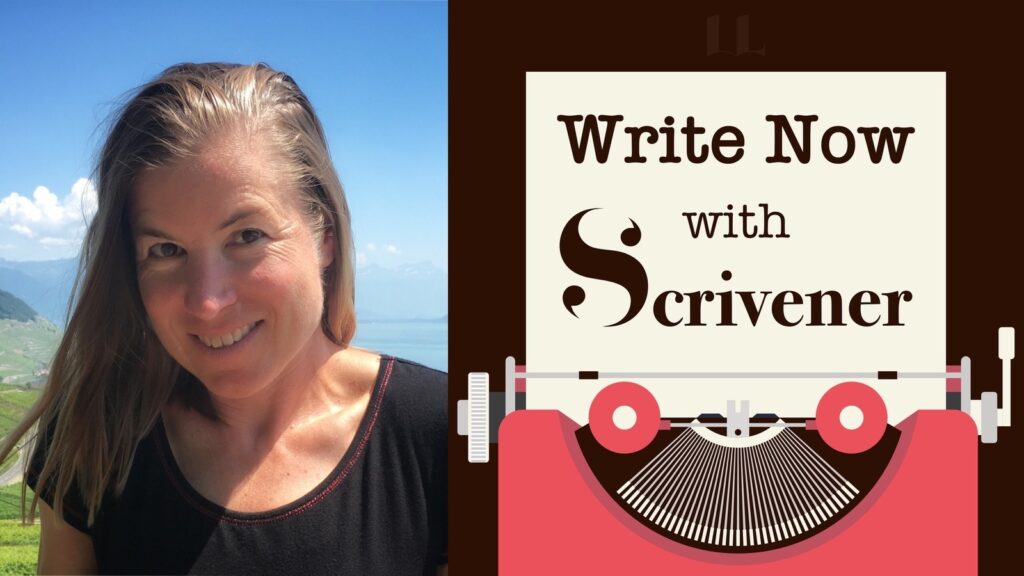Christie Aschwanden is a journalist, author, and editor, and has written Good to Go, a book about the science of athletic recovery.

Christie Aschwanden is a journalist, author, and editor, and has written Good to Go, a book about the science of athletic recovery.
Christie Aschwanden’s book Good to Go is about recovery, about what athletes do after they’ve performed to get back into shape for the next race. “Recovery is all the things your body has to do to get you ready to go again. You’re a rider in the Tour de France, you do today’s stage, and then tomorrow, what does your body need to be ready to go again to perform?”
Not being athletic myself, I wasn’t aware of the lengths athletes go, even amateurs, to recover. I asked if they couldn’t just rest. “It’s funny, because in a lot of ways, it really is that simple. This is like so many other things in our culture right now, where we’ve taken science to it. In some ways, we’ve just made it overly complicated. We’ve now convinced people that they need some sports drink company looking over their shoulder, measuring their sweat in order to know whether they’re hydrated, when, in fact, our bodies are very highly sophisticated machines. You’ve got this amazing, powerful way of ensuring that you’re hydrated with something that we colloquially know as thirst. So when you need liquids, you’re thirsty, and that’s what drives you to drink. But somehow, now that we have these manufacturers of sports drinks, we’ve been convinced that we can no longer trust our bodies, and our bodies don’t don’t know what’s good for us, that we need some corporation telling us what we need to do.”
In the book, Christie says, “From a biological perspective, it’s hard to imagine that the human body is so delicate that it can’t function properly without scientists or football stars swooping in with calculators to tell us how to keep it running properly.” I asked if this began with the introduction of Gatorade.
“Sports drinks had a lot to do with it. And Gatorade, of course, is the star drink, and the one that everyone knows. In some ways, the word Gatorade has almost become a standard for sports drinks. As I was researching the book, it was really interesting to see how initially it was all about people quenching their thirst. The terminology actually used the word thirst, whereas now we’ve gotten away from that. These sports drinks became about more than just thirst because they had to convince you that you don’t want to just drink water, there’s a reason you have to drink the sports drinks. They started using this term electrolytes, which is just a scientific word for salts and solutes.”
Christie recounts how she was involved in a small study to determine whether beer was a good recovery drink. They set up a protocol, having runners run on a treadmill to exhaustion. Some runners drank beer, others drank placebo beer. “What we found is that women seem to perform better on those runs to exhaustion the morning after they’d have the beer, whereas men performed worse. And this was an exciting result, because I’m a woman married to a man, licensed to say, ‘sorry, honey, you are the designated driver, I need to drink this beer to enhance my recovery.’ But when it came down to it, I didn’t think that that was a reliable result, because our measure wasn’t good.”
Christie loves Scrivener and told me that, “I use Scrivener for everything. I mean, literally everything. I cannot imagine writing a book without Scrivener. I use it for all of my reporting, my journalism, I even use it to organize my writing workshops. I have one going on right now that’s for book proposal writing. I’m not the most organized person, but I love Scrivener, because it allows me to have everything and throw it in there, and I can find it when I need to. There’s a point in the project when I really need to get things organized, and it’s very easy to do that in Scrivener. The search function on Scrivener is just fantastic, particularly working on something that’s a book length project where you just have so much material in there. I remember there was a quote about drinking beer and something about a boat, so I can search ‘boat’ and ‘beer’ and all of a sudden my interview notes come up and I can find it in this vast mess. I absolutely love that.”
“It makes it so easy to organize things. When I was putting chapters together, being able to have the different sections and have all the material in a way where I could see it and organize it without having to be organized from the start… And then as the form of the book is coming together, I can rearrange in the way that makes the most sense.”
In the end, after looking at all the strange practices athletes use to recover, Christie thinks she’s found the answer, and it’s really quite simple: sleep. “People are looking for the silver bullet, the product they can buy. I think it’s actually really good news that you don’t need to buy anything. It’s really about habits and about stuff that you already know. That doesn’t mean that it’s easy, and it doesn’t mean that you’re already doing it. I think everyone knows that sleep’s important, but the only way to really get it right is to prioritize it. And I think so often people don’t do that.”
Kirk McElhearn is a writer, podcaster, and photographer. He is the author of Take Control of Scrivener, and host of the podcast Write Now with Scrivener.

